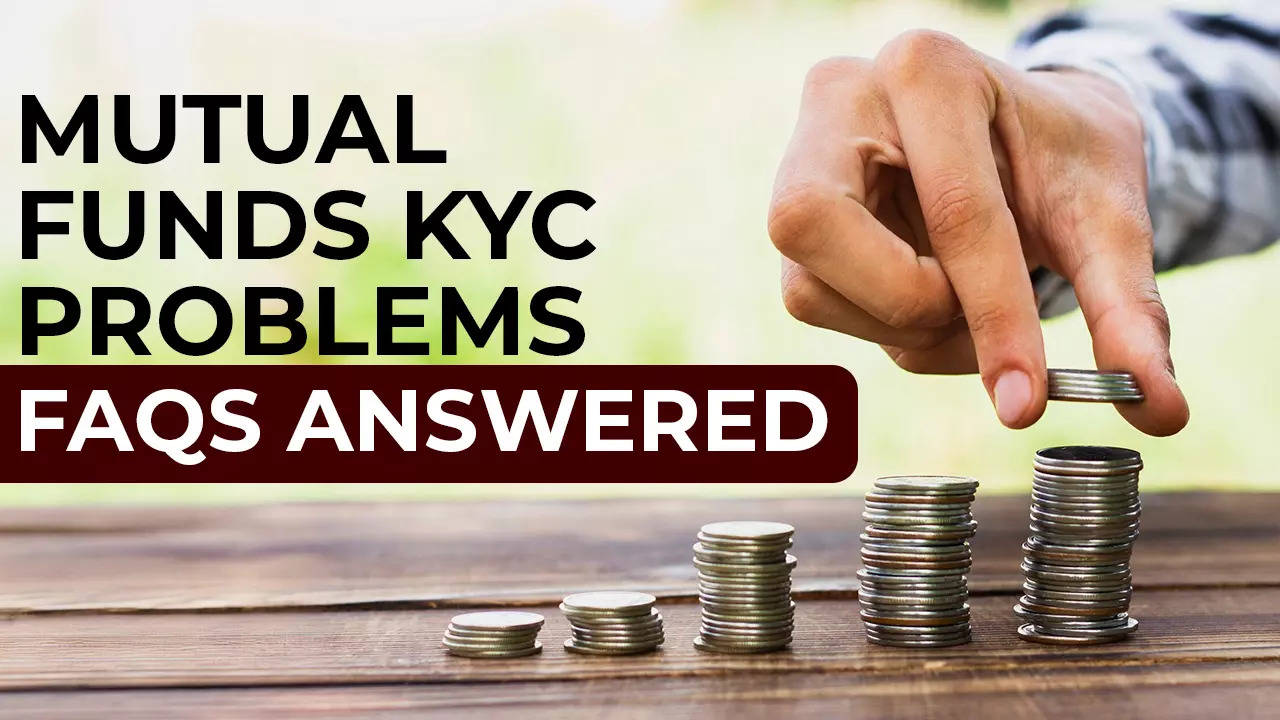However, it was discovered that the records of many investors, particularly old-timers who completed KYC using documents other than PAN or Aadhaar, could not be validated. As a result, these investors have been requested to redo their KYC.
Although redoing the KYC process appears to be straightforward, investors, distributors, and investment advisors have reported delays in updating the required documents at the KRAs’ end, even after submitting them. According to an ET report by Prashant Mahesh, the AMC may reject your application for fresh investments unless the KYC is approved. This situation has caused inconvenience and frustration for affected mutual fund unitholders who are trying to comply with the renewed KYC requirements.
How To Check Mutual Fund KYC Status
To check your Mutual Fund (MF) Know Your Customer (KYC) status, visit www.cvlkra.com and select the KYC inquiry option. The website will provide you with one of three possible results:
1) KYC Validated: If you receive this status, you are fully compliant and can proceed with your investments. According to data from KRA agencies, approximately 73% of investors belong to this category.
2) KYC Registered: This status indicates that the KYC documents submitted by the investor cannot be directly verified based on the provided documentation. However, aspects such as email and mobile number have been validated, allowing you to continue investing in MFs where you already have investments. If you wish to open a new folio with a different fund house, you will need to submit a fresh set of KYC documents. Around 15% of investors fall into this category.
There is a benefit for those holding mutual fund units in demat form here. They can continue to transact with any AMC. However, they cannot open an account with another intermediary.
3) KYC On Hold: This status applies to cases where PAN-Aadhaar seeding has not been completed, email and mobile validation has failed, or the KYC was done without an officially valid document like a bank statement or utility bill. In this situation, the investor must complete ‘PAN-Aadhaar Seeding’ in their Income Tax records to make the PAN operational and redo the KYC process. After completing this step, the investor should share their updated email and mobile number with the fund house and submit a modification request to the KRA, who will then update the status. Currently, 12% of investors fall under this category.
While KYC can be completed using officially valid documents such as a passport, driving license, or voter ID, but distributors believe that Aadhaar should be the primary document for KYC. The challenge arises when KRAs are unable to cross-verify data in a passport, preventing the KYC status from moving to validated. Other details like PAN can be verified through the Income Tax portal, while mobile numbers and emails can be authenticated through OTPs.
NRIs face the maximum problem as they are not mandated to have an Aadhaar card, while many do not have an Indian mobile number where OTP comes for authentication. This situation leads to NRI investors without Aadhaar having their KYC status in the ‘Registered’ category, which is unlikely to change. Distributors have advised NRIs to complete their KYC every time they invest in a new fund house. However, there is uncertainty regarding whether AMCs will accept investments in new folios without a “KYC Validated” status.
